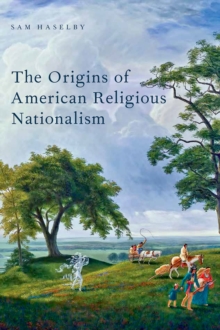
Religious Melancholy and Protestant Experience in America PDF
by Julius H. Rubin
Part of the Religion in America series
Description
This original examination of the spiritual narratives of conversion in the history of American Protestant evangelical religion reveals an interesting paradox.
Fervent believers who devoted themselves completely to the challenges of making a Christian life, who longed to know God's rapturous love, all too often languished in despair, feeling forsaken by God.
Ironically, those most devoted to fostering the soul's maturation neglected the well-being of the psyche.
Drawing upon many sources, including unpublished diaries and case studies of patients treated in nineteenth-century asylums, Julius Rubin's fascinating study thoroughly explores religious melancholy--as a distinctive stance toward life, a grieving over the loss of God's love, and an obsession and psychopathology associated with the spiritual itinerary of conversion.
The varieties of this spiritual sickness include sinners who would fast unto death ("evangelical anorexia nervosa"), religious suicides, and those obsessed with unpardonable sin.
From colonial Puritans like Michael Wigglesworth to contemporary evangelicals like Billy Graham, among those who directed the course of evangelical religion and of their followers, Rubin shows that religious melancholy has shaped the experience of self and identity for those who sought rebirth as children of God.
Information
-
Download - Immediately Available
- Format:PDF
- Publisher:Oxford University Press
- Publication Date:06/01/1994
- Category:
- ISBN:9780195359473
Information
-
Download - Immediately Available
- Format:PDF
- Publisher:Oxford University Press
- Publication Date:06/01/1994
- Category:
- ISBN:9780195359473










